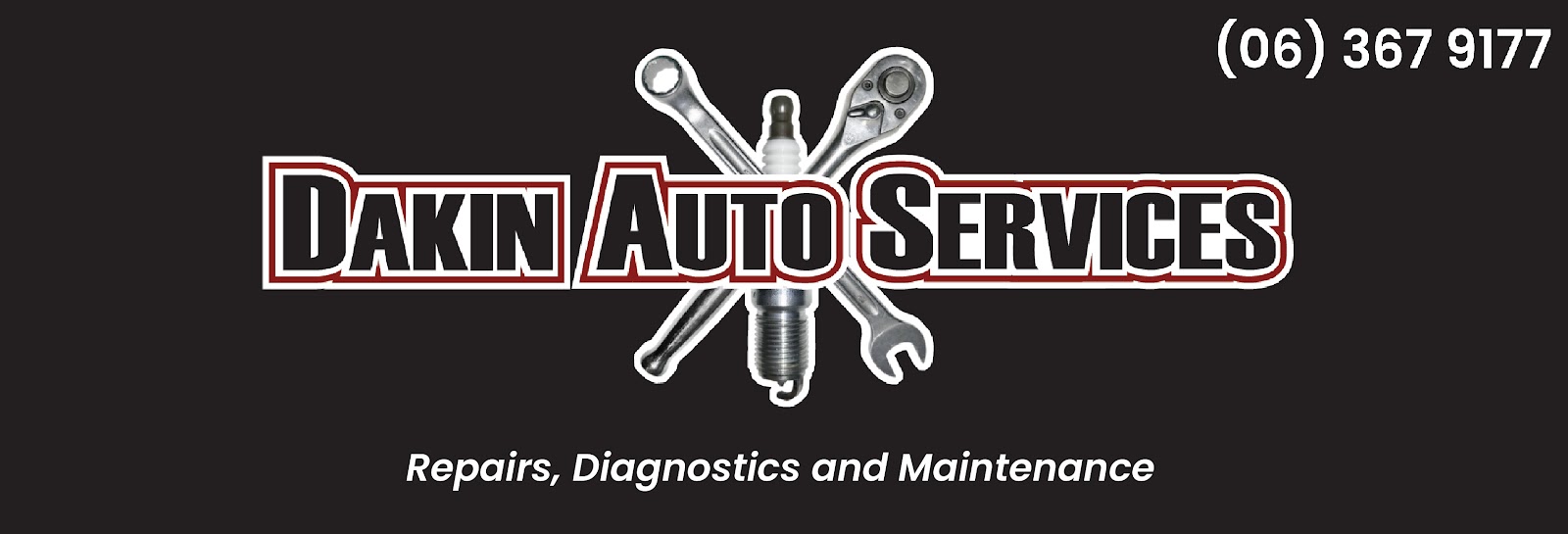Carbon Cleaning
The Hydrogen Carbon clean unit runs on distilled water and electricity. The hydrogen and oxygen are produced using a mix of distilled water and electrolysis, this is then feed into the engine via the air intake/breather hose or air box.
A strong electric current splits the water molecule (H2O) into its component atoms producing highly charged particles of hydrogen and oxygen, or oxy-hydrogen (HHO). The HHO is passed into the engine and burnt as the engine runs mixing the HHO with the fuel. As it passes through the induction system, combustion chamber, exhaust etc, the hydrogen reacts with the carbon deposits turning the carbon into hydrocarbons, this lifts the carbon deposits from the engine and the resulting gas exits the engine via the exhaust system.
Using no harsh chemicals the treatment returns your engine to a state of cleanliness. You regain power and performance, restore lost MPG and drastically cut emissions.
How to tell if your engine might need cleaning...
The list below will give you an idea of whether it’s something you would be likely to benefit from:
- Constant Low rev driving - short journeys
- Lots of stop-start journeys - long idling.
- Poor quality fuel or high fuel consumption
- Engine sounding rough when running or hesitating or jerking at stops
- Sluggish driving
Here's some examples:
IF the engine doesn’t get worked hard and
hot, then yes it will most likely have more carbon build up. Taxis and buses
are worst as they are sat idling and often short stop-start journeys at low
MPH/revs.
IF your car is suffering reduced MPG and IF the
cause is carbon build up then yes, the engine clean should recover/reclaim that
MPG lost due to the systems being dirty.
IF (and it’s always a IF) ANY aspect of your cars
performance (noise, roughness, idling, hunting, MPG lower, emissions, flat
spots, throttle response, sticking EGR/throttle body/swirl flaps) are affected
from carbon build up then the Carbon Cleaning will have a positive effect.
Of course, IF any mechanical aspect (swirl flaps
for example or EGR valve,turbo) has seized/blocked completely or broken then no
amount of carbon cleaning will sort it.
Carbon cleaning can’t fix things that are fully
blocked or broken these would need to be replaced,stripped and cleaned, fixed.
All a carbon clean can do is exactly that. CLEAN,
it’s not magic if it’s dirty it will help, if it’s not dirty it won’t.
What it will help do if your engine is clean, is
prevent carbon build up so your engine remains clean (look at it like
preventative maintenance you’re stopping issues before they can start)
Get rid of Carbon build-up on your engine
the Eco-Friendly way with Walnut Blasting
As you use your vehicle, carbon deposits get left on intake manifold as they move through the engine. Over time this builds up and begins to restrict airflow to the engine which causes running issues. The only truly effective way of cleaning carbon deposits from the intake tract and valves is by a procedure known as Walnut Blasting (which is Eco-Friendly as it uses walnut shells, which are biodegradable). This involves removing the intake manifold and using a mixture of compressed air and walnut shells to gently, but effectively remove years of carbon deposits from your intake.
Will walnut damage my car?
Carbon cleaning uses walnut solely because it is a non-abrasive method, meaning should any get in the cylinder it will just burn or get blown out the exhaust valves without causing any damage. The process removes build-up without affecting the internal parts of the engine.
What type of cars will benefit?






